Governance: Part 3 – Management of Supplier Relationships
Supplier relationships and their management are one of the six main areas of governance covered by the European Sustainability Reporting Standards (ESRS, November 2022 draft; see here for more details). In this part of our series, we focus on what businesses will be required to report under Requirement G1-2 – Management of Supplier Relationships.
Supplier Relationship Management Related to Governance
In general, a business will be required to provide information about the management of relationships with its suppliers and the related impacts to its supply chain. The objective of this requirement is to outline how a business manages its procurement process, including fair treatment of suppliers.
In doing so, businesses should pay increased attention to several key areas.
These include a description of a business's internal policies and practices to prevent late payments to suppliers that are small or medium-sized enterprises (SMEs). This is particularly important in the context of the ability of the respective suppliers to manage their cashflows and the problems they may experience due to late payments.
In addition, under Requirement G1-2 a business shall also report:
- Information on the company’s strategy in respect to its relations with its suppliers generally and in the context of sustainability risks and supply chain risks specifically
- Information on whether or how a company takes into account social and environmental criteria in the selection of its suppliers
- A description of the company’s practices implemented to support vulnerable suppliers and improve their social and environmental performance.
The category of "vulnerable suppliers" includes suppliers that are exposed to significant economic, environmental, and/or social risks.
What do we need to keep in mind when reporting?
When reporting under Requirement G1-2, a business should in particular consider:
- How its practices (including activities to avoid or minimize the impacts of disruptions to its supply chain) support its strategy and risk management as well as transparency
- Training of its procurement/supply chain staff on engagement and dialogue with suppliers (including whether the training refers to price, quality, or sustainability factors), as well as the incentives offered to its procurement employees
- The screening and evaluation of the social and environmental performance of suppliers
- The inclusion of locally-based suppliers in its supply chain and/or certified suppliers
- How its practices deal with vulnerable suppliers
- Its main communication and relationship management targets and activities
- How the outcomes of these practices are evaluated, including supplier visits, audits, and surveys.
Broader Regulatory Context
We would like to reiterate that the standards pertaining to Governance (including Requirement G1-2) need to be considered in conjunction with the remaining ESRS standards, in particular ESRS 1 - General Principles and ESRS 2 - General Requirements, as well as other regulations governing areas other than ESG.
With regard to the supplier relationship management, Czech exporters and companies owned by a German parent should take into account the passing of the German Supply Chain Act (LkSG) that came into effect on 1 January 2023 and that we have already described here. This legislation (anticipating European CS3D) introduces, inter alia, new obligations and responsibilities for supply chain management.
Subsequently, we can sooner or later expect the transfer of obligations from German companies to Czech suppliers in order to fulfil their own obligations, notably in terms of the inclusion of new clauses in contract documentation (in particular in the area of human rights and environmental protection), requirements for cooperation in risk management, and the option for a German company to verify whether a Czech entity’s actual situation matches its claims.
Other European countries, such as Austria and Italy, as well as the European Union as a whole are already moving in a similar direction in the form of the aforementioned CS3D directive, for example.
Likewise, the Ministry of Finance of the Czech Republic is currently reviewing how to transpose the CSRD into Czech national law. We anticipate the Czech Republic will take a similar approach to the 2014 NFRD and incorporate CSRD into the Accounting Act.
It is also expected SMEs that would otherwise not be affected by CSRD but are suppliers to larger companies may be obligated to provide CSRD information to their contractors once the contractors are required to comply with CSRD requirements. As a result, it cannot be certain that SMEs will remain unaffected by CSRD in the next few years.
For these reasons, we recommend you start preparing for reporting now. The sooner a company begins to implement ESG policies, the more of an edge it can gain over its competitors.
This article is based on the set of draft ESRS that the EFRAG Board submitted to the European Commission in November 2022. The final form and wording of these standards may therefore be subject to changes and modifications. The adoption of the final ESRS standards by the European Commission is expected in the first half of 2023. We will closely follow further developments and you will learn more in upcoming parts of our series.
Marek Prochazka
Milan Sivy




